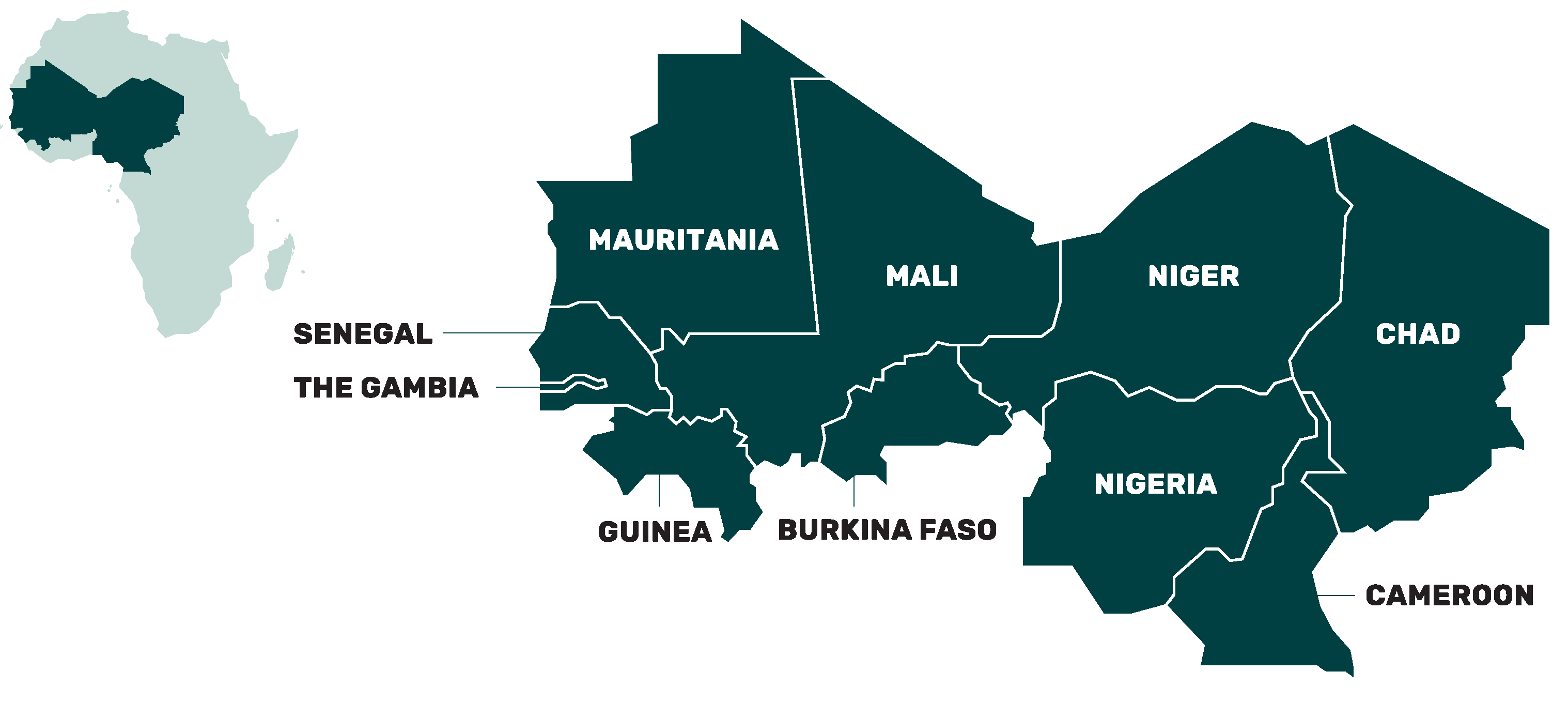
Female, Focus Group Discussant, Ouagadougou, Burkina Faso.
Key findings 4
During the past decade, the Sahel has experienced increasing insecurity and turmoil. The recent coups are an expression of that turmoil — and a forewarning of what may yet follow. Security interventions have been extensive and complex, but often occur at the expense of attention to root causes. In this way, various international actors have contributed, perhaps unwittingly, to deepening fragility. The Sahel is one of Africa’s most analyzed subregions due to its geopolitical importance, mineral wealth and ongoing struggles against violent extremism. However, in a context of shifting geopolitical brinkmanship, attention to the region should urgently be renewed and refocused. Such a recalibration demands a new development response focused on governance priorities and a reset of the social contract between the states and citizens of the subregion. Forging new narratives about the Sahel, which emphasize positive opportunities for growth and prosperity for its peoples, can also contribute to improved pathways.
Recommendations
Building inclusive local governance should become a cornerstone of fresh efforts that extend beyond securitized approaches, and both recognize and draw on informal and local governance mechanisms and sources of resilience.
Tackling corruption at all levels of government is essential if investment in state service provision is to succeed. This includes the need for malpractices to be called out more vociferously.
It is also crucial to monitor the human-rights conduct of security actors. Early results of the ongoing stabilization activities by UNDP and partners in the Lake Chad Basin region — which contribute to the peace-development nexus — provide inspiration.
The Sahel and its neighboring countries – a manifestation of proximate and immediate factors
